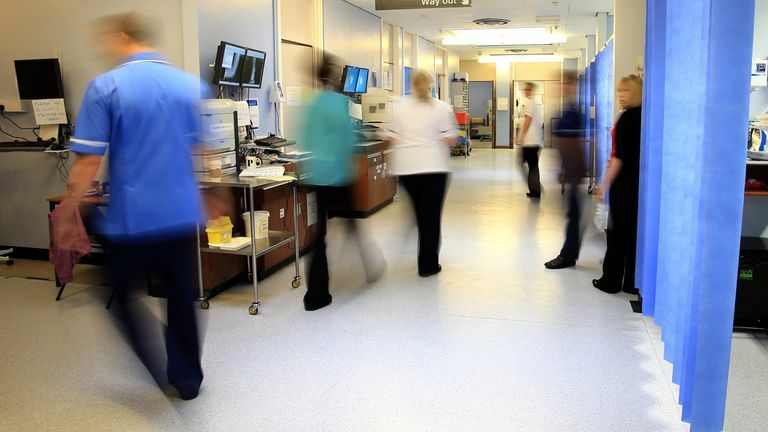NHS-contracted staff risk missing out on pay rise for over a million health workers

Over a million National Health Service (NHS) workers are set to receive pay increases starting today, but thousands of staff contracted by the NHS may miss out on the negotiated pay rise. These staff members, employed by social enterprises contracted to work in primary care, mental health, charities, and other health sectors, have not yet been made eligible for the pay increase, which could see some nurses’ salaries increase by over £2,750 over two years.
The pay rise will be backdated to April and will apply to eligible staff, including nurses, paramedics, 999 call handlers, midwives, security guards, and cleaners. They will also receive a one-time “NHS backlog bonus” to acknowledge the sustained pressure on the NHS following the pandemic and the extraordinary effort of staff in reducing waiting lists.
However, social enterprise leaders argue that NHS contracted staff, who work under the same terms and conditions as those on the Agenda for Change deal, have played an equally vital role that has not been recognised with a pay rise. The Department of Health and Social Care (DHSC) is not providing the funding to pay them the increase.
Peter Holbrook CBE, chief executive of Social Enterprise UK, said, “Social enterprises are a crucial part of the NHS family, delivering over a billion pounds of services and employing many thousands of staff while reinvesting any profits in communities.”
Health Secretary Steve Barclay recently stated that he would implement the NHS pay deal for all staff on Agenda for Change, but he has yet to provide the money, putting these organisations and their staff in an impossible position. Social enterprises work by reinvesting any profits into the community, so the companies that employ the staff do not have money in reserve to cover the costs of the new pay deal themselves.
“We still expect the department to take urgent steps to solve this – as they did previously in 2018 – before staff, services and patients are adversely affected,” Holbrook added.
Matthew Taylor, chief executive of the NHS Confederation, warned of a “two-tier system” unless all health staff are recognised fairly. He stated, “While the 2023 pay uplift has been welcomed and may help with retention issues, it must be fully funded for all staff.”
He added that the NHS consists of a range of vital services patients rely on, including mental health care, primary care, district nurses, and therapists, all of which are contracted indirectly. The current arrangement for central funding might see staff at these services miss out and risks creating an inequitable, two-tier system for different staff.
“Providers are currently facing the unenviable choice between finding additional savings – likely through cuts to services – to fund the rise or not implement the raise and risk staff leaving, leaving patients worse off,” Taylor explained.
A similar oversight occurred with the pay rise in 2018, but the government eventually resolved this by agreeing to cover it via central budgets. Taylor urged the government to review its position and agree to fund the pay award for all staff on AfC terms and conditions, including those on local authority contracts.
The DHSC told Sky News, “All eligible Agenda for Change staff will receive the 23/24 consolidated pay award.” A spokesperson added, “NHS funding to social enterprises, community interest companies, charities and other similar services will be uplifted through their usual funding routes.” However, there was no further clarification if this included social enterprise staff contracted to work for the NHS.
Latest Thailand News
Follow The Thaiger on Google News:


























